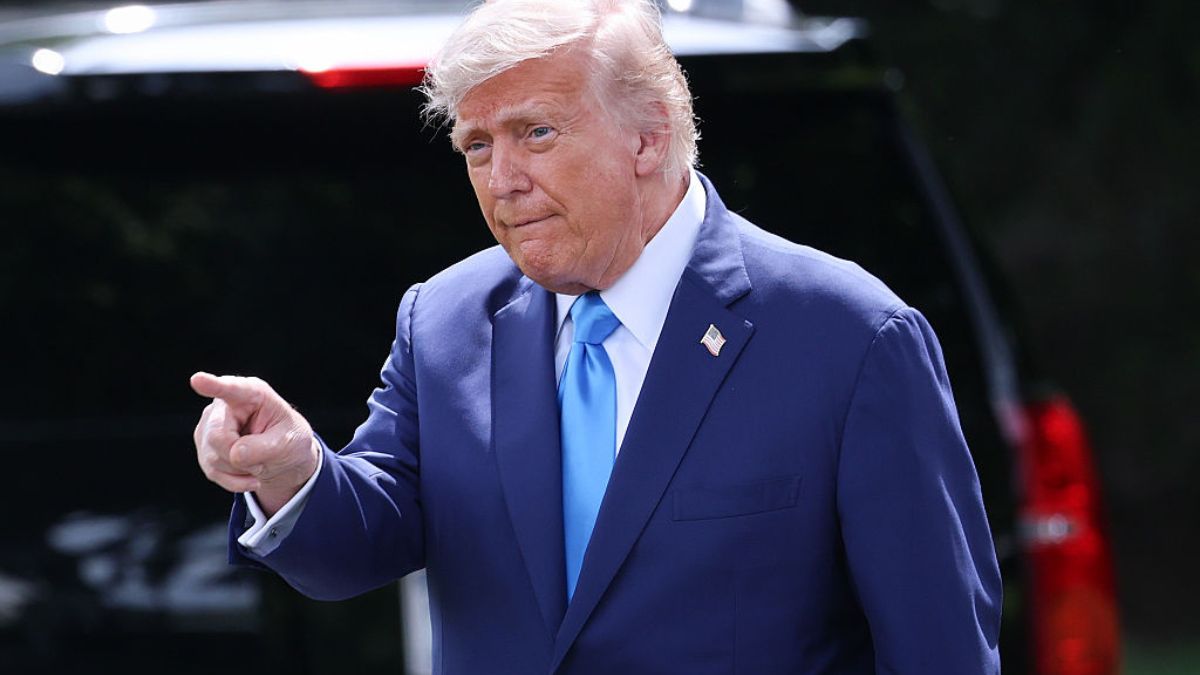
President Trump’s proposed healthcare bill has created a significant divide within the Republican Party, particularly concerning its Medicaid provisions. The bill, dubbed the “Big Beautiful Bill,” would potentially reduce Medicaid spending and affect millions of Americans currently enrolled in the program.
According to Politico, the Congressional Budget Office estimates that approximately 7.8 million people could lose access to the low-income health insurance program under the proposed legislation. This has caused concern among both moderate and progressive Democrats, who have begun using this issue in their campaign messaging.
Senator Josh Hawley (R-Mo.) has emerged as a vocal critic within his own party, stating that cutting the program would be “both morally wrong and politically suicidal.” Hawley later revealed that Trump had personally assured him there would be no cuts to benefits, highlighting the growing tension within the GOP over the proposed changes.
How Medicaid’s political landscape has shifted
The politics of Medicaid have undergone a dramatic transformation in recent years. Republican voters in red states have increasingly supported the program, with several states expanding Medicaid through ballot initiatives between 2017 and 2020. Enrollment in Medicaid and the Children’s Health Insurance Program has grown significantly, rising from approximately 70 million in 2014 to nearly 79 million by the end of 2024.
The GOP’s messaging around the bill has notably shifted from previous years when they openly advocated for Medicaid cuts. Now, Republican lawmakers are carefully framing the legislation as a measure to protect Medicaid by removing ineligible recipients rather than implementing direct cuts. White House Press Secretary Karoline Leavitt emphasized that the administration aims to preserve Medicaid for its intended recipients while implementing work requirements for able-bodied Americans.
Recent polling from the Kaiser Family Foundation reveals the complexity of the issue within the Republican base. While 42 percent of Republicans believe the Trump administration’s policies would strengthen Medicaid, Republican Medicaid enrollees are more divided, with 35 percent believing Trump would strengthen the program and 34 percent saying he would weaken it.
Democrats see this division as an opportunity to win back working-class voters who have shifted toward the GOP. They are already targeting swing-district Republicans with advertising campaigns focusing on Medicaid cuts. The proposed work requirements would not take effect until the end of 2026, but Democrats are leveraging their traditional advantage on healthcare issues to challenge the Republican position. Democratic pollster Zac McCrary notes that healthcare remains one of the few areas where Democrats maintain an edge in public opinion, making the Medicaid debate particularly significant for future electoral strategies.
